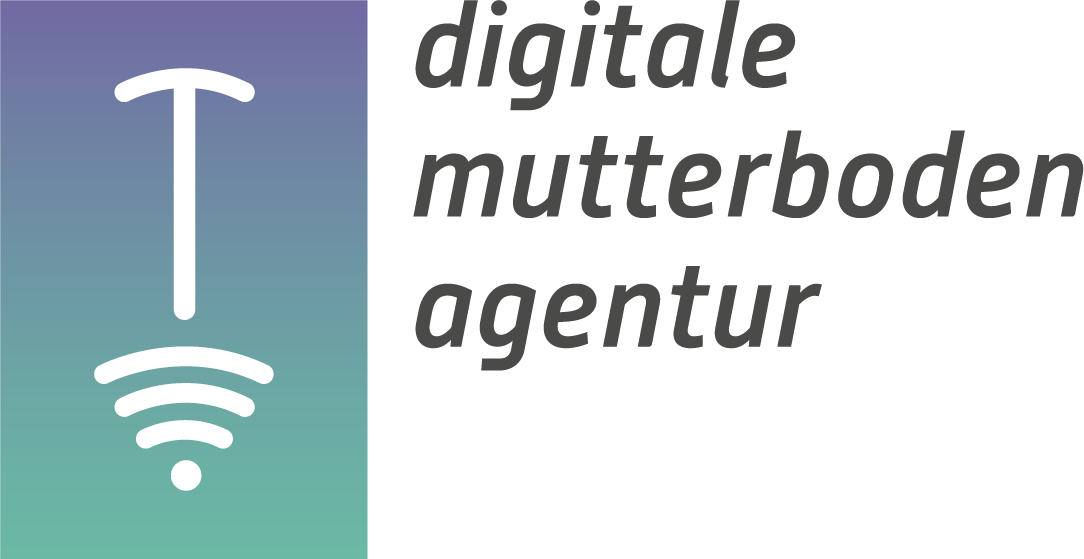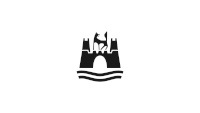Digitization and economy
The Digitalization and Economy Department is the driving force and central interface for the city of Wolfsburg's digital projects
Wolfsburg was one of the first cities in Germany to set out on the road to digitization at an early stage. Since then, Wolfsburg has been making ever greater strides toward its goal of becoming a digital model city. Various awards, such as the "Smart Cities Model Project" of the German Federal Ministry of Housing, Urban Development and Construction or the "5G Model Region" confirm that Wolfsburg is ideally positioned on the road to the future. The targeted implementation of digital ideas enables the city of Wolfsburg to react flexibly and spontaneously to trends and changes, even in fast-moving times.
-
Contact
City of Wolfsburg
Department of Digitalization and EconomyPorschestrasse 32
38440 Wolfsburg
E-mail: sekretariat.ref.35@stadt.wolfsburg.de
Phone: 05361 28-2929
The tasks of the Digitization and Economy Unit:
-
#WolfsburgDigital

Digitalization hand in hand made in Wolfsburg: #WolfsburgDigital is a joint initiative of the city of Wolfsburg and Volkswagen AG. Launched in 2016, the initiative represents a further step towards the future in the city's young history. Many projects that affect all areas of life have already been implemented or are being planned.
-
BMI "Smart Cities Model Project" funding program
In July 2019, the German Federal Ministry of the Interior, Building and Housing selected Wolfsburg as one of 13 model municipalities in Germany in the "Model Projects Smart Cities: Urban Development and Digitalization" program.
The city of Wolfsburg intends to use the funding to develop and implement a city-wide implementation strategy for further development into a smart city. The focus is on establishing an open digital, data and service infrastructure as well as a networked mobility offering that spans all modes of transport.
The testing and establishment of new participation and communication channels are intended to ensure that development is closely aligned with the needs of citizens. The program will run for seven years. The first two years will be used to develop a strategy, which will be implemented in the following five years.
-
Digital infrastructure
The supply of and access to data networks, both wireless and wired, are essential. Everyone in Wolfsburg will ultimately benefit from the digital infrastructure, and many innovative applications can be developed on the excellent basis. In Wolfsburg, this access should become as natural as access to electricity and water.
-
Advisory Board for Digitization
As an advisory body to the Strategy Committee, the Advisory Board serves to exchange ideas and set common goals for Wolfsburg's digital future. The political body is an important interface between the public and the administration. The goal is to work with citizens to determine how technology can benefit people.
-
Experience digitization
Particularly important: digitalization can be felt and experienced in Wolfsburg - citizens are clearly at the heart of digital ideas and projects. In addition to improving the quality of life, strengthening the business location through digitalization is the declared main objective of the Digitalization and Economy Department. A special feature of the department is its networking work throughout the city and beyond. Cooperation with associations, companies and other organizations - both local and international - makes it possible to reach as many people as possible on the path to digitalization.
Digitalization does not mean technologizing an existing city. Above all, digitalization should improve people's quality of life.
Increasing connectivity is making communication between the administration and citizens ever easier. Many joint projects have been implemented in recent years, and some tried-and-tested formats return on a regular basis.
The task here is to design digitalization in such a way that it benefits everyone and can be used in everyday life. The projects range from the regular smartphone school in the Schiller40 co-working space in the Markthalle to the digital summer camp for young people and the major DigiWeek and DigiDay events. -
New Work and CoWorking
Digitalization is transforming the entire working world. Collaborative working and digital networking are important in order to be able to work sustainably in administration. The demands on the workforce and the organization of work (home office, flexible working hours, desk sharing, third work locations...) are constantly changing and need to be adapted. These trends are not only changing the economy, but also the municipalities, which is why the Digitalization and Economy department has set itself the task of shaping and supporting the digital transformation of the world of work both internally and externally.
In our view, new future forms of work are important for the work-life balance of employees and at the same time for identification with the city of Wolfsburg as an employer. The citizens of Wolfsburg will also benefit from the new flexibility of the city administration's new digital service portfolio. Our goal is to improve service quality through digitally networked processes.
-
Economy
Digitization is noticeably changing the economy. Innovations are emerging with ever greater frequency and new players are appearing out of nowhere with completely new business models that have a disruptive effect on everything that has gone before. The demands of customers are constantly changing, and the desire for individualization in particular is on the rise. All of this is forcing companies to act faster and more flexibly, to make decisions and to implement them. At the same time, companies often have to reinvent themselves as an employer brand in order to remain attractive in the hotly contested market for skilled workers.
In this context, it is precisely the young companies that show how to act faster, more individually and more easily on the market.
It is precisely this pioneering spirit that the city of Wolfsburg wants to encourage and allow ideas to grow locally in order to further develop Wolfsburg as a business location. In doing so, the entire spectrum of support is deliberately offered. For small startups that are in the process of developing their business idea, the city has its own coworking space, the Schiller40, on offer. With the reopening of Schiller40 in the old market hall, not only has the number of workstations been increased, but the equipment has also been expanded to include a modern augmented reality/virtual reality studio and a well-equipped broadcast studio. Schiller40 is operated directly by the Department of Digitization and Business.
-
Digital Topsoil Agency (DMA)

The Digitale Mutterboden Agentur (DMA for short) is an initiative of the City of Wolfsburg, Wolfsburg AG, the Lüneburg-Wolfsburg Chamber of Industry and Commerce and other Wolfsburg institutions and companies.
The aim is to actively support the local start-up scene. Accordingly, the DMA is a point of contact for all founders, visionaries and start-ups in Wolfsburg and the region. Exchange and networking as well as lectures, workshops and the like are offers that the DMA organizes for founders, entrepreneurs and interested parties. The various partners combine their individual services into a comprehensive range of advice.
The DMA's headquarters are located in the DigitalCube at the centrally located main railway station in Wolfsburg city center. The Digitalization team is also responsible for organizing various events, workshops and seminars within the DMA. In addition, the Digitalization team helps to establish contacts.
